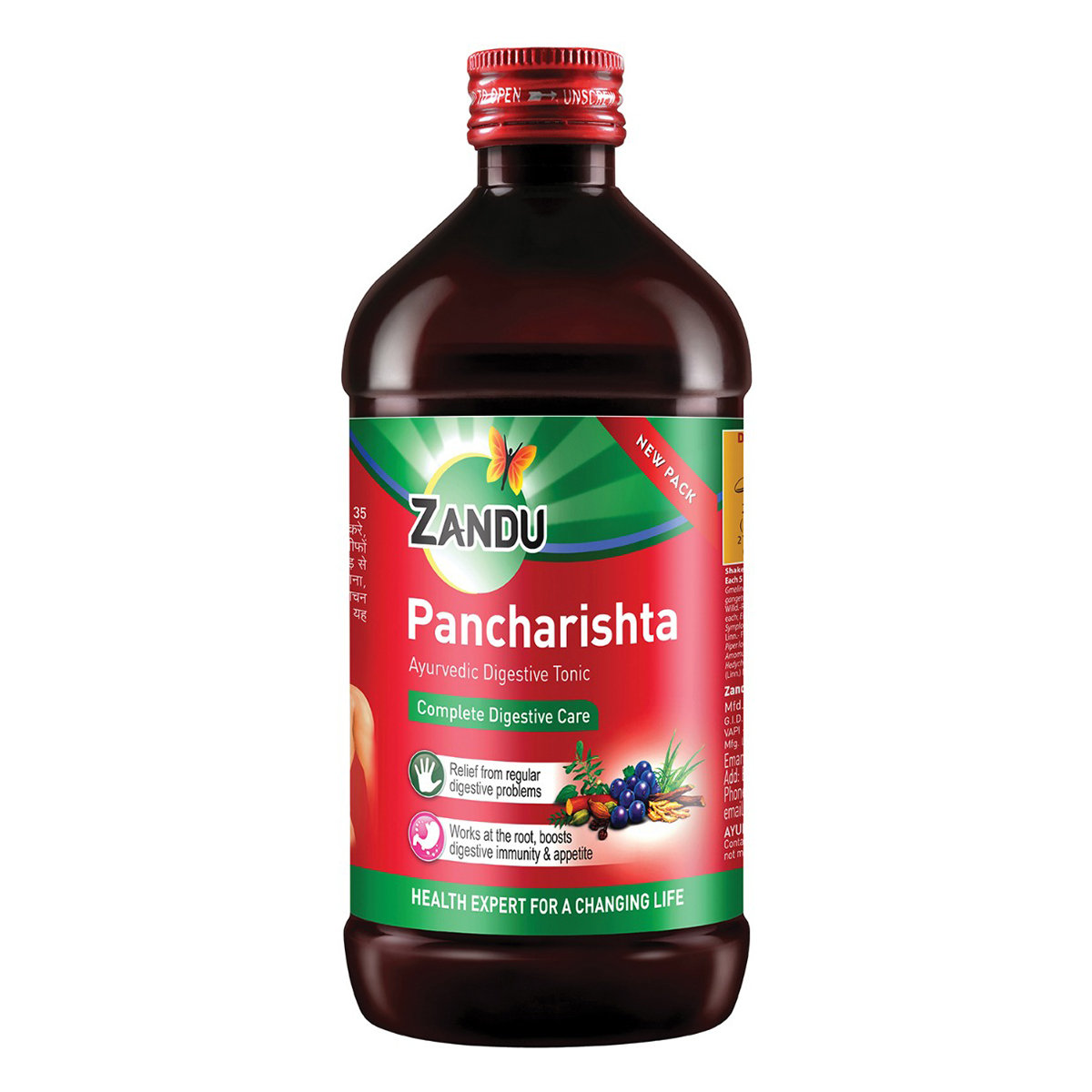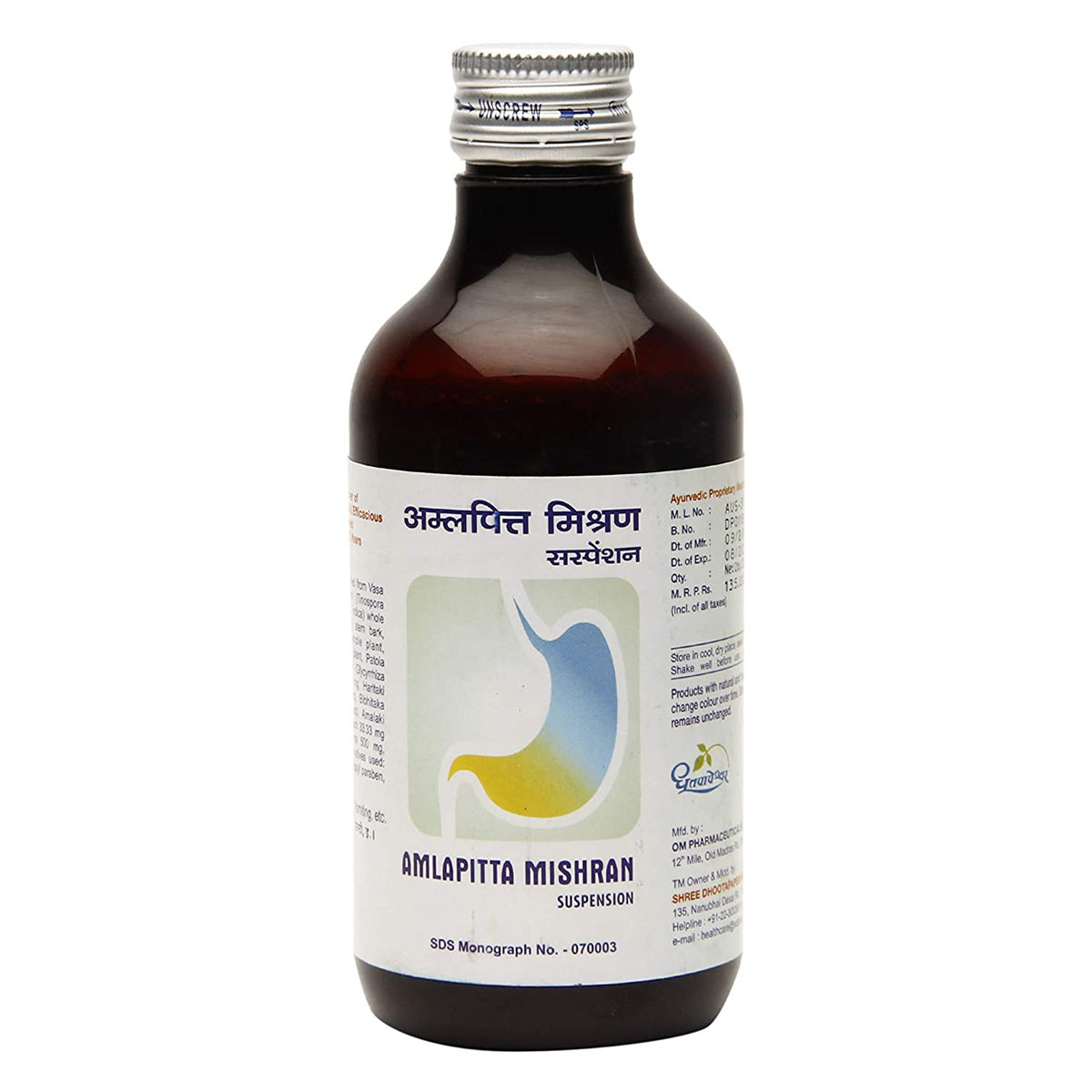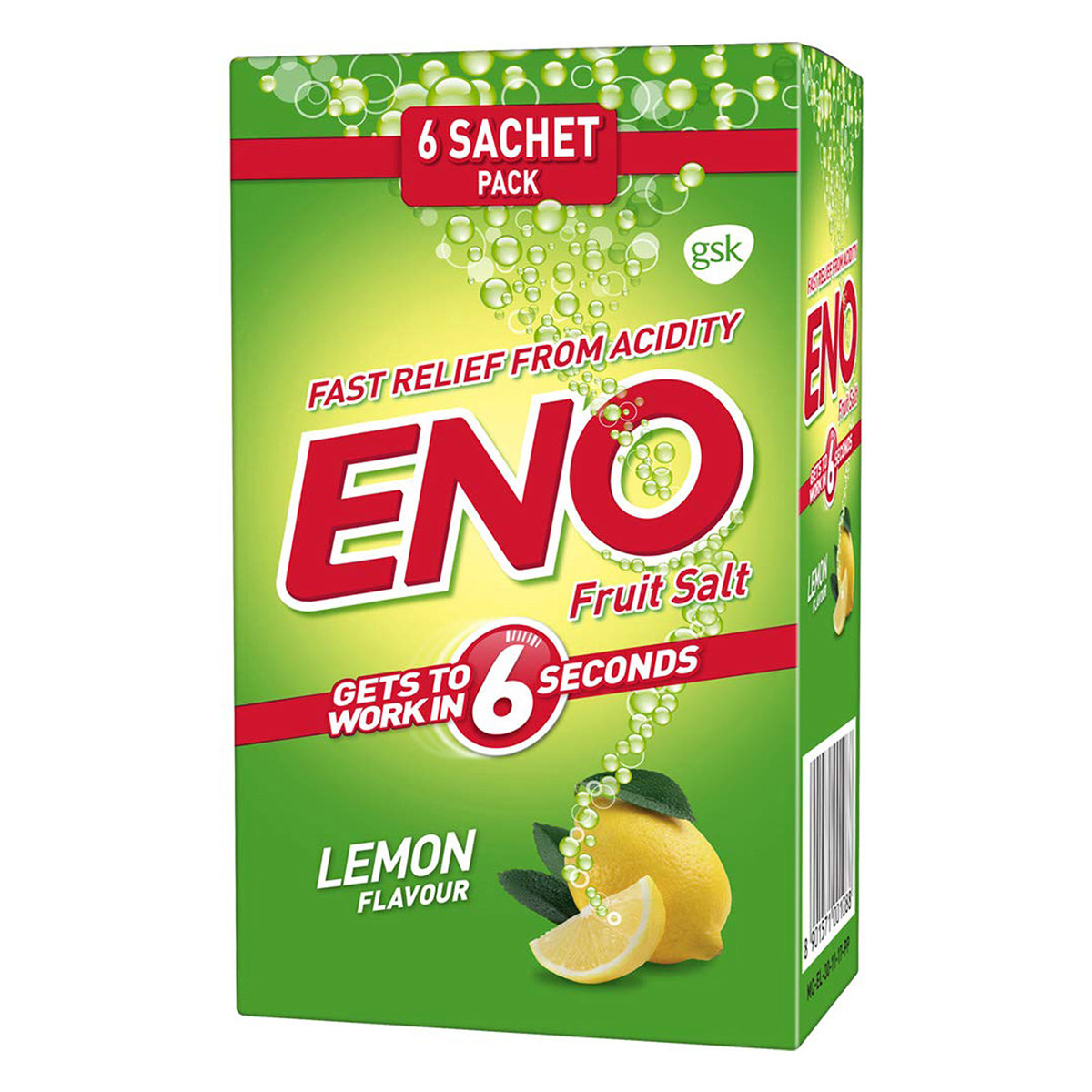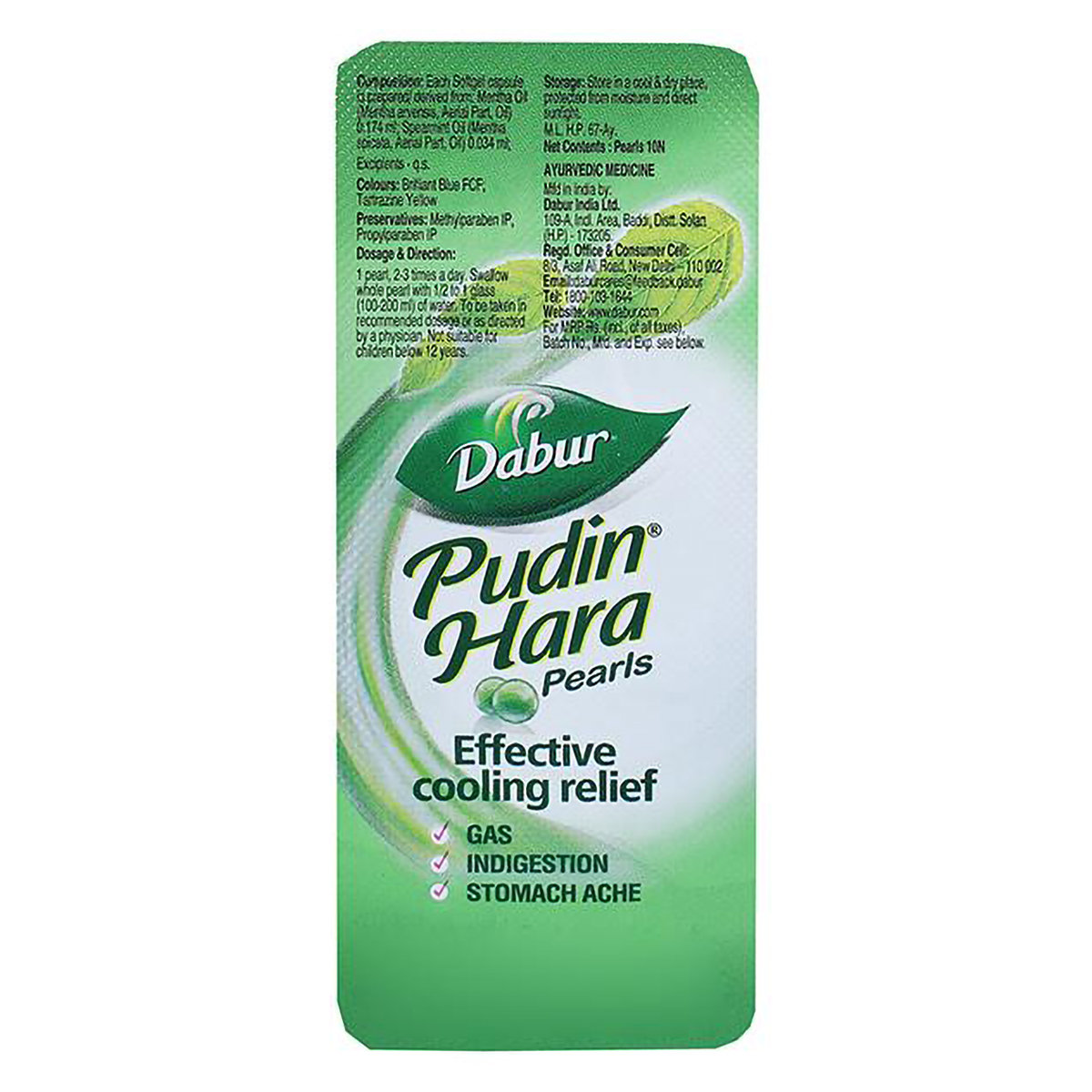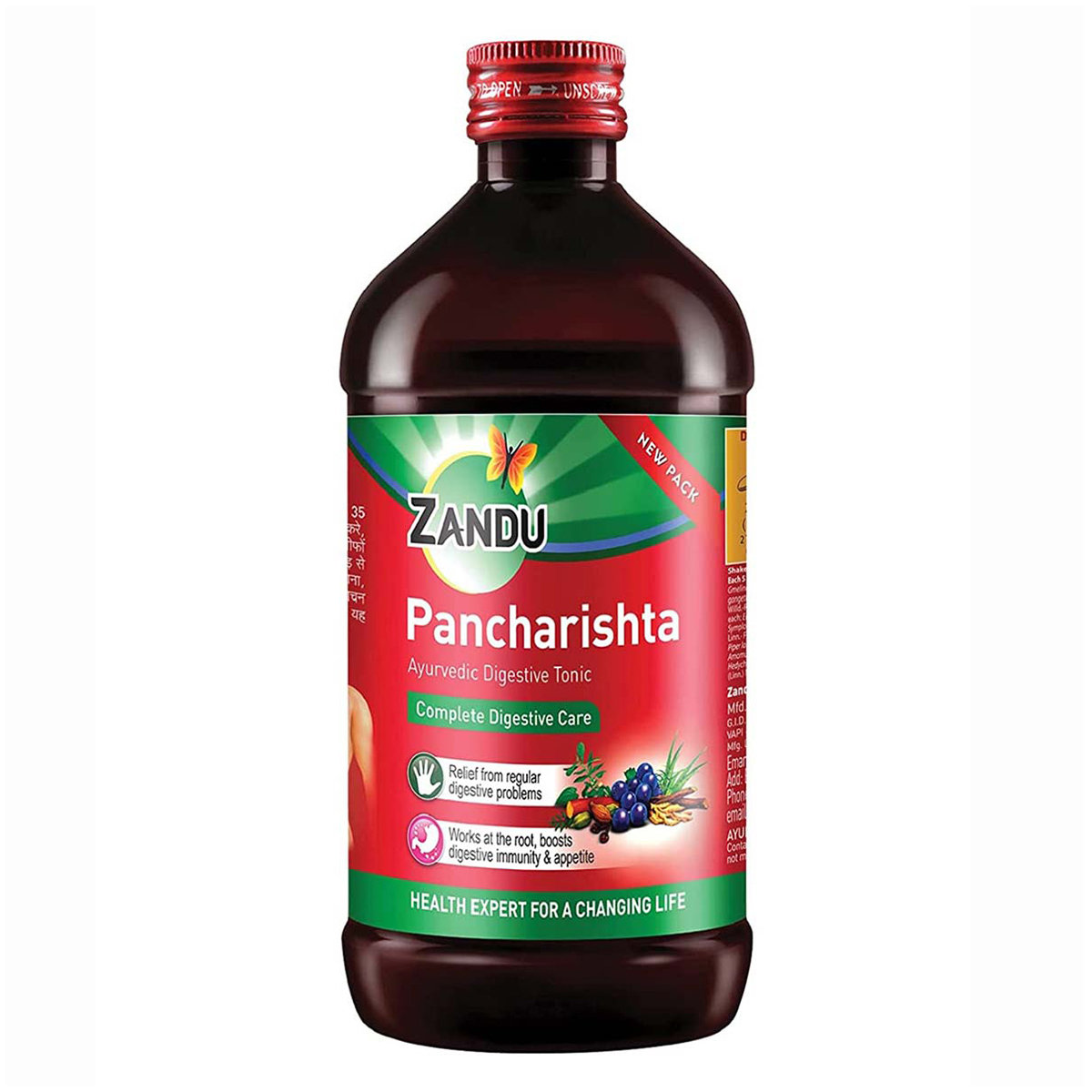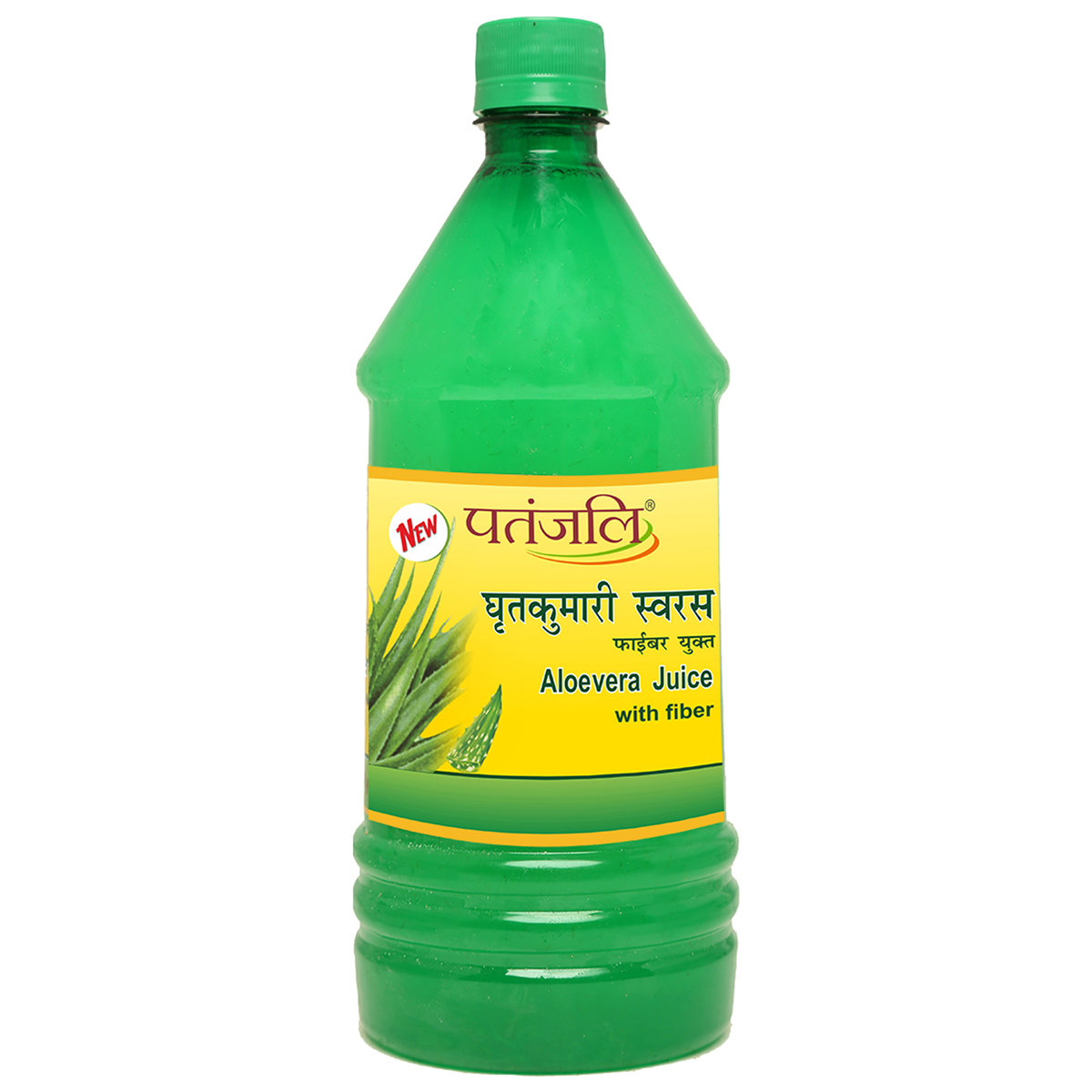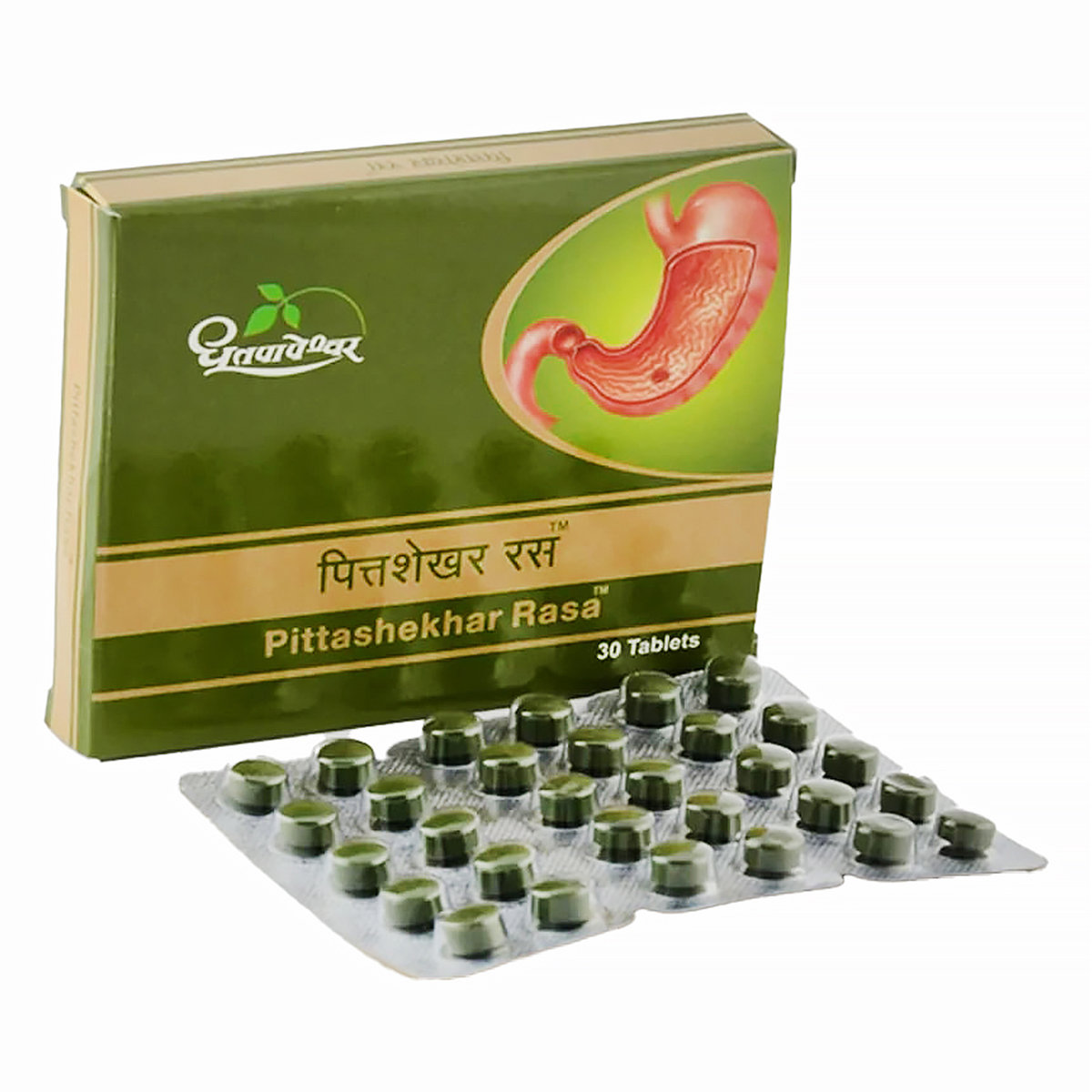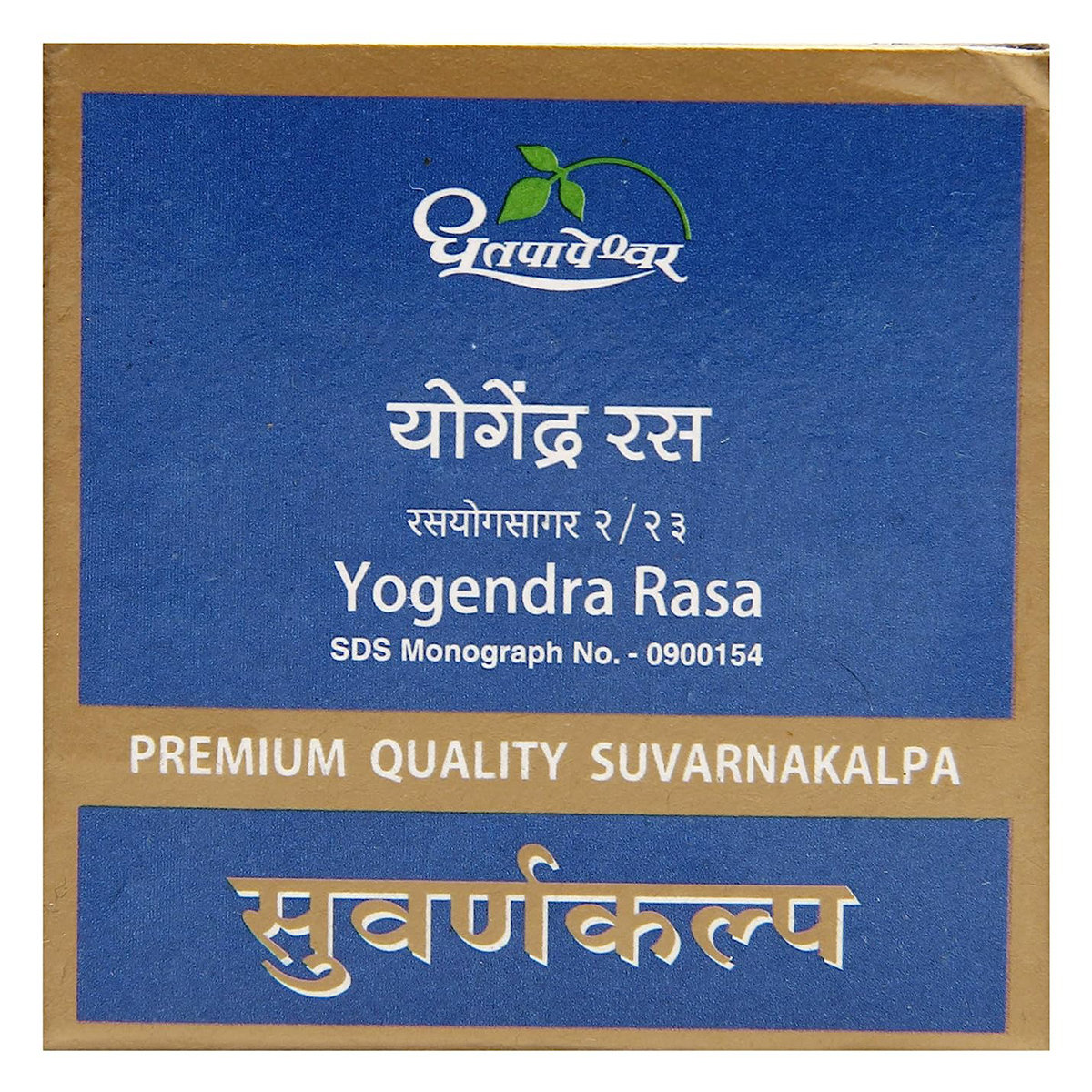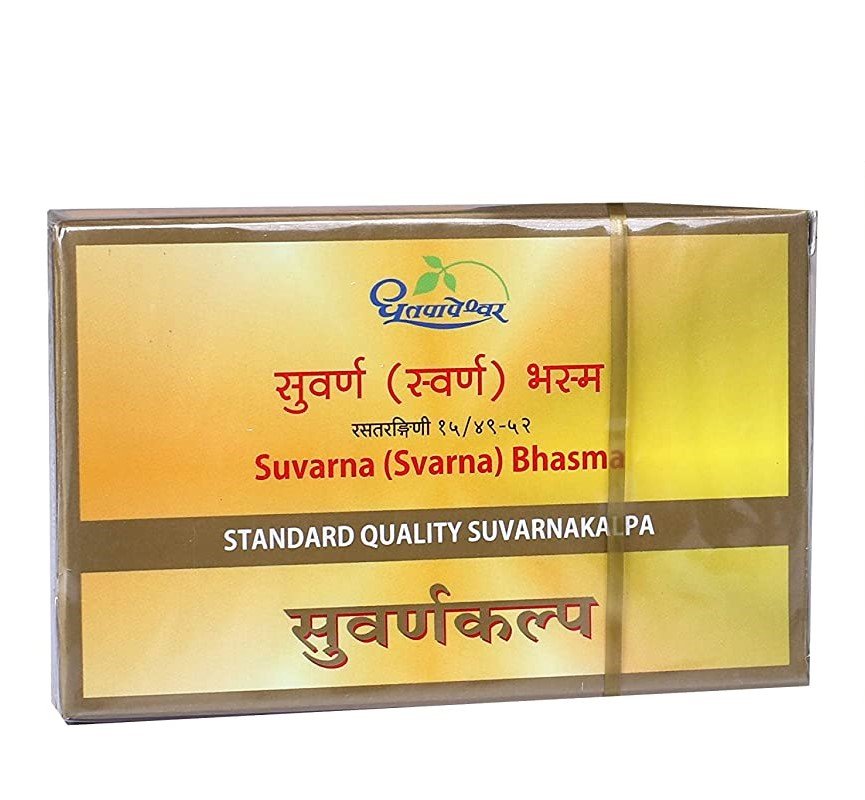Anafortan N Tablet

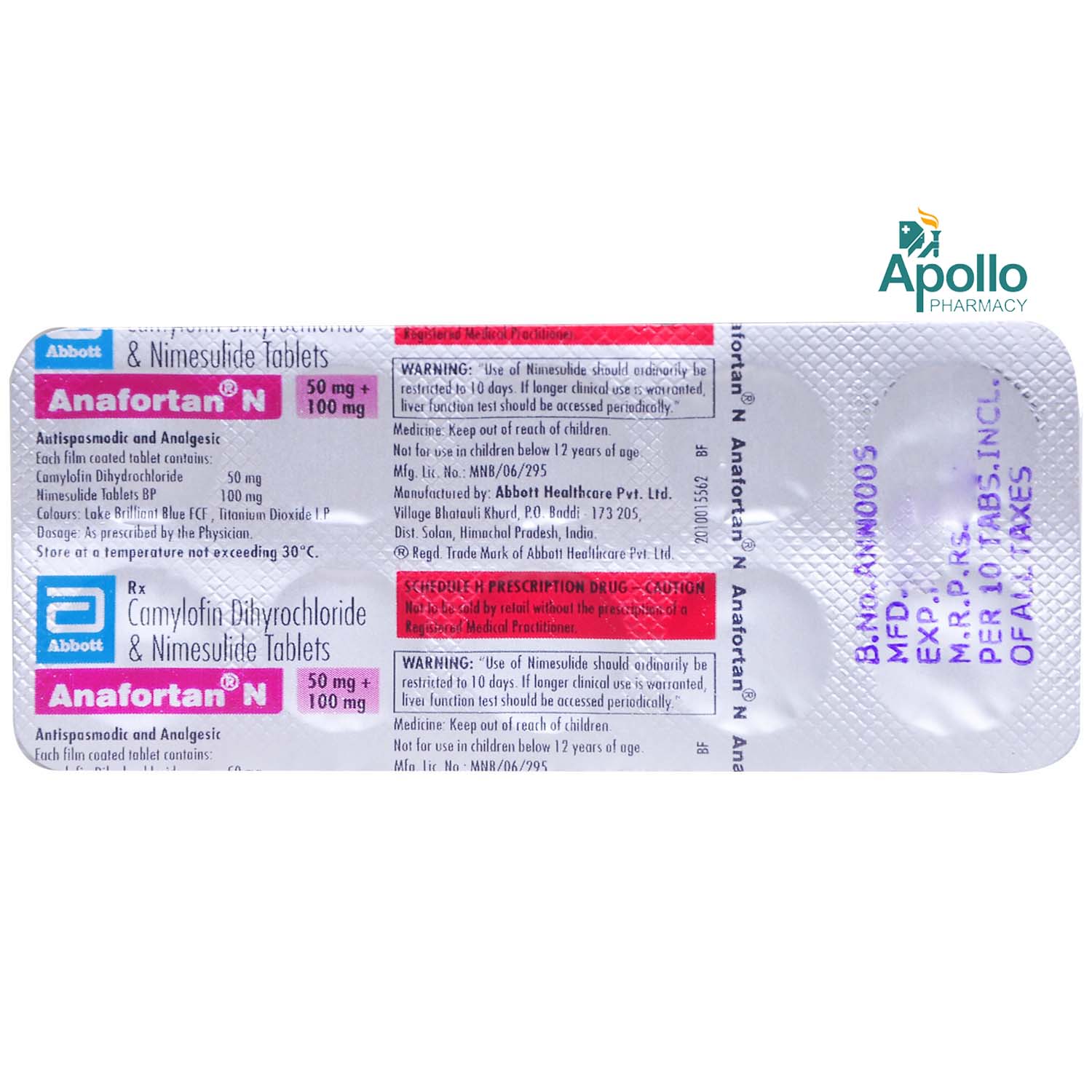
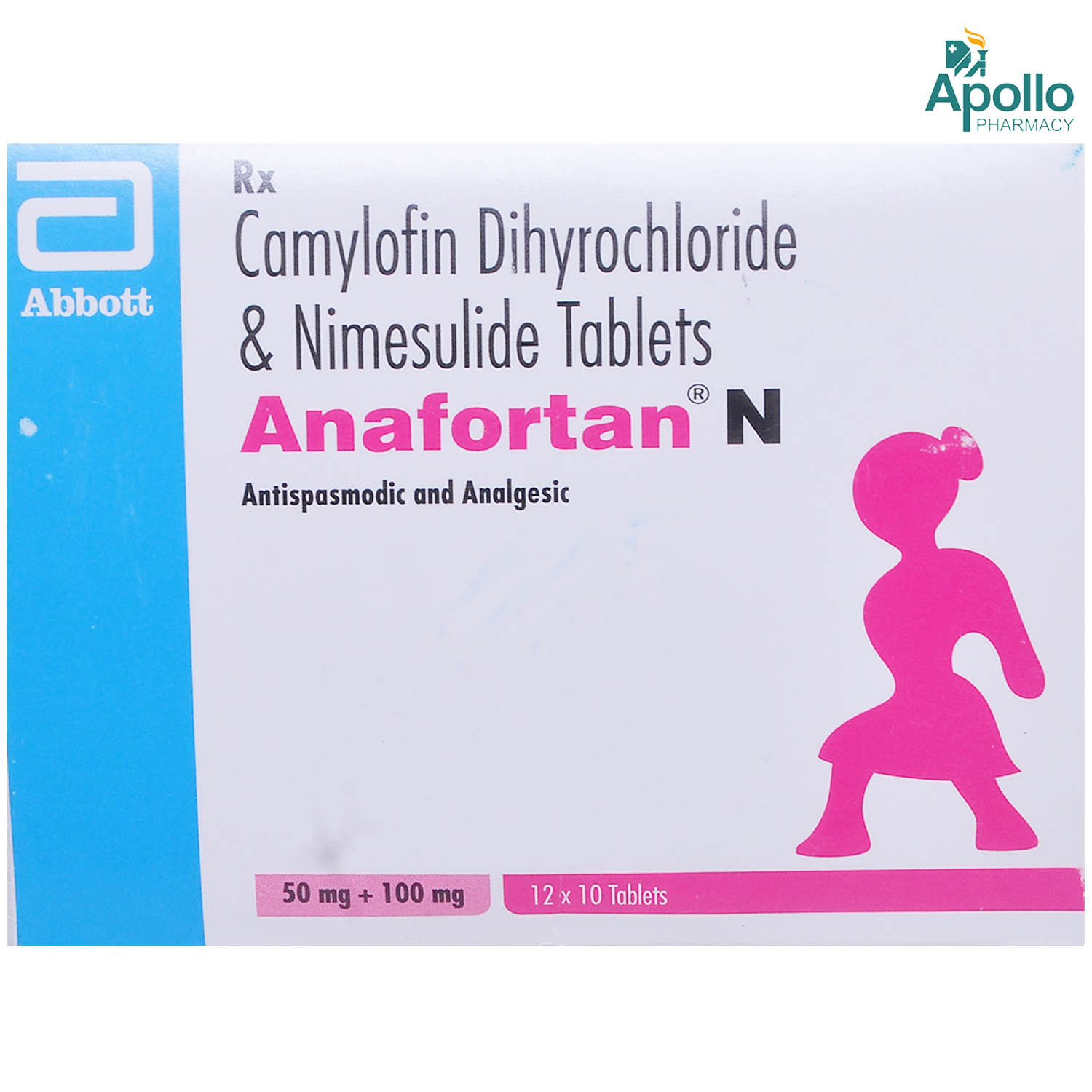
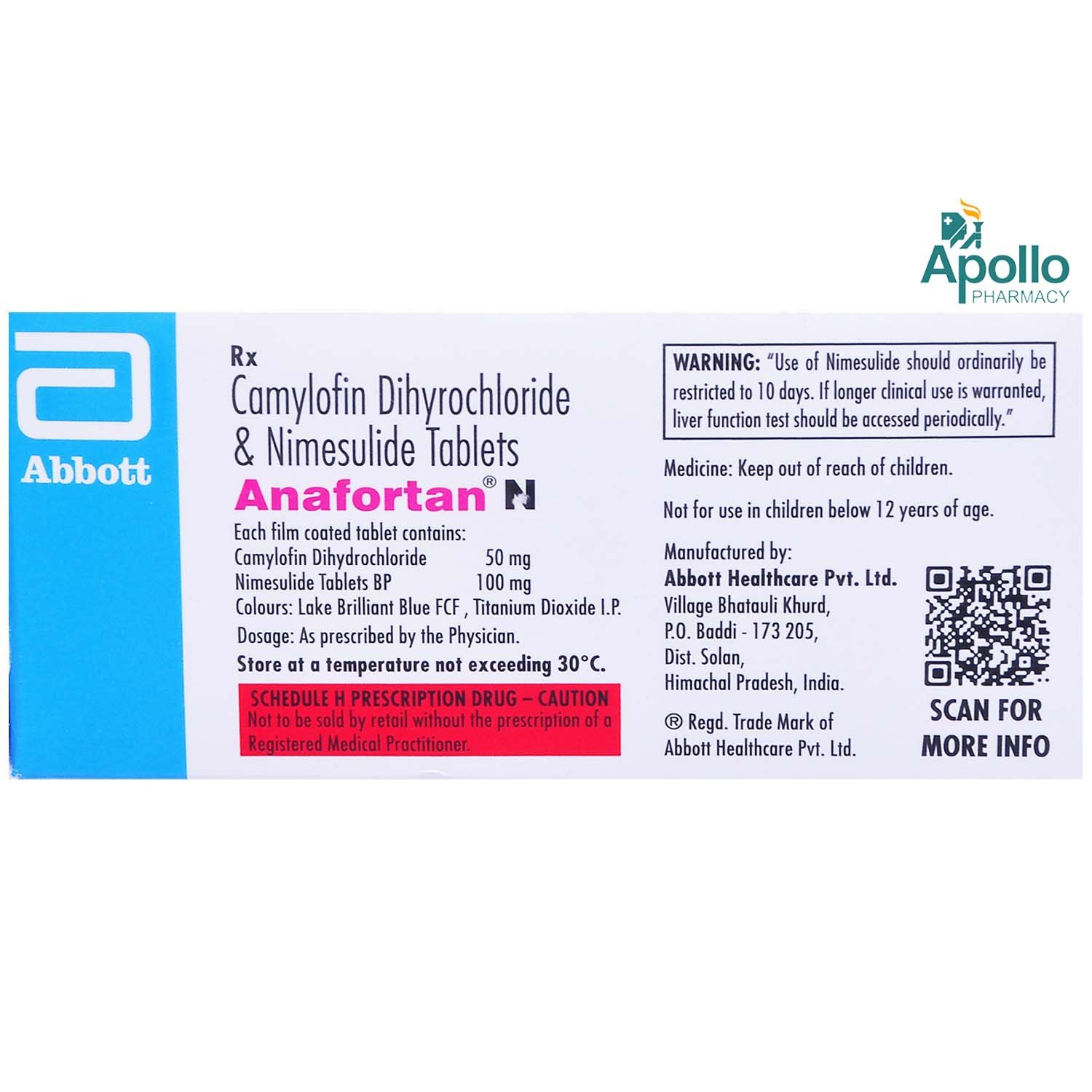
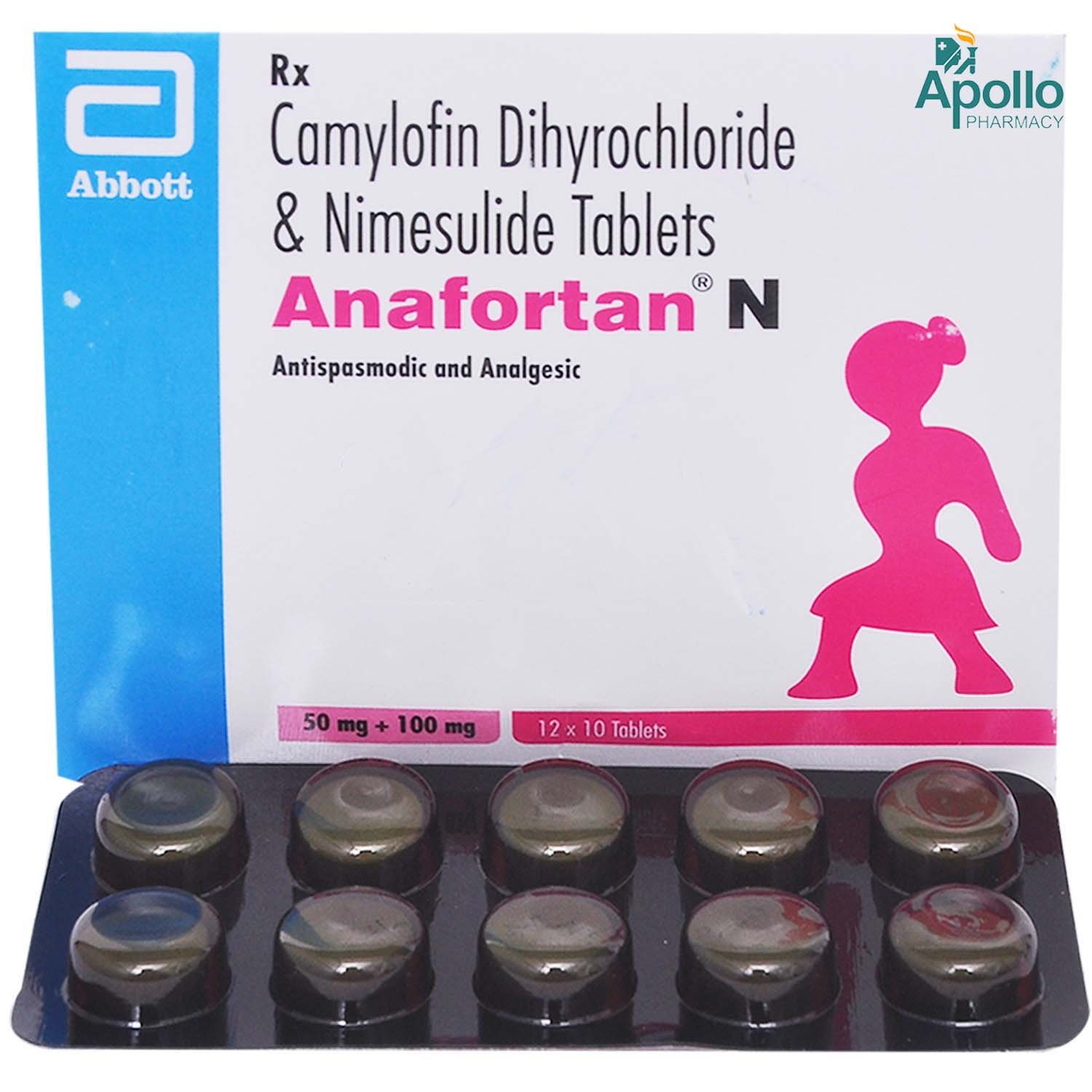
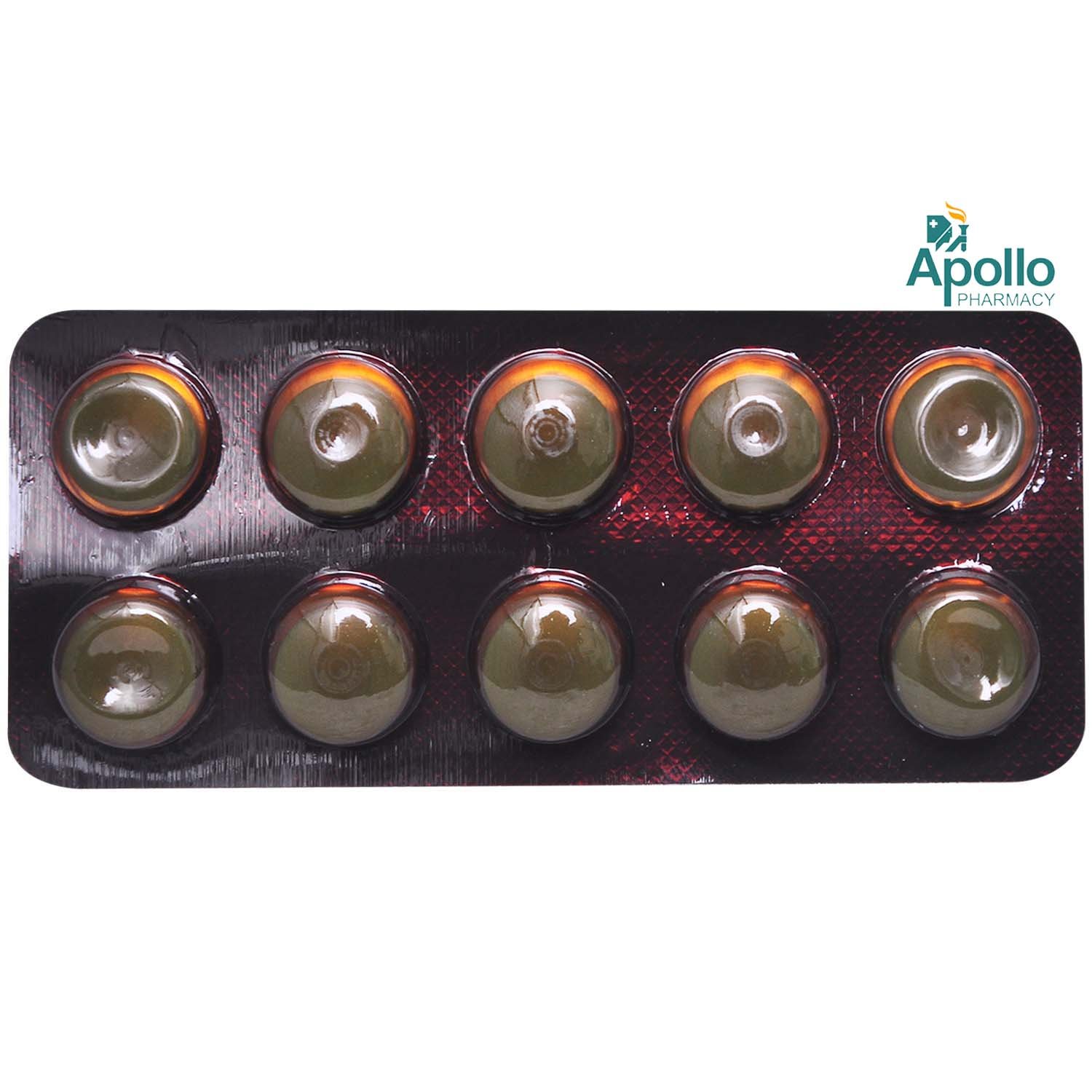
MRP ₹95
(Inclusive of all Taxes)
₹14.3 Cashback (15%)
know your delivery time
Provide Delivery Location
Composition :
Manufacturer/Marketer :
Consume Type :
Expires on or after :
Return Policy :

Secure Payment

Trusted by 8 Crore Indians

Genuine Products
Therapeutic Class
Country of origin
Manufacturer/Marketer address
Disclaimer
Alcohol
Safe if prescribed
Consumption of alcohol increases the risk of side-effects, such as dizziness, liver damage and bleeding in the stomach.
Pregnancy
Consult your doctor
Anafortan N Tablet is not recommended during pregnancy as it may cause harmful effects to the unborn baby. Consult your doctor for further information.
Breast Feeding
Consult your doctor
Anafortan N Tablet may pass into breast milk and cause unwanted effects in the nursing baby. So, it is not prescribed in breastfeeding mothers. Consult your doctor for further information.
Driving
Safe if prescribed
Anafortan N Tablet may cause dizziness, so do not drive or operate heavy machinery if you are not fully alert.
Liver
Consult your doctor
Anafortan N Tablet is not recommended for use in patients with liver failure.
Kidney
Consult your doctor
Anafortan N Tablet should be used with caution in patients with kidney diseases. The dose may have to be adjusted by your doctor.
Children
Safe if prescribed
Anafortan N Tablet is not recommended for children below 12 years of age.
Product Substitutes
About Anafortan N Tablet
Anafortan N Tablet belongs to the class of medications called ‘analgesics’. It is used to treat abdominal cramps or pain associated with various gastrointestinal conditions such as intestinal colic (blockage in the intestine), biliary colic (gallstones), renal colic (kidney stones), and dysmenorrhea (menstrual cramps), etc.
Anafortan N Tablet contains Nimesulide and Camylofin. Nimesulide is a nonsteroidal anti-inflammatory drug (NSAID). It works by reducing prostaglandin's production (chemical substances that cause pain and inflammation) at the affected site and reduce pain. Camylofin is an antispasmodic, which relaxes the muscles in the stomach and gut (intestine) and stops sudden muscle contractions (spasms).
You should take this medicine exactly as prescribed by the doctor. Anafortan N Tablet may cause side-effects such as nausea, vomiting, constipation, dry mouth, diarrhoea, dizziness, headache and palpitations (racing or pounding heartbeat). These side-effects are usually mild and temporary. However, if any of these side-effects persist or get worse, inform your doctor immediately.
It is not recommended to take Anafortan N Tablet if you are allergic to any contents of it. Anafortan N Tablet should not be used in patients with liver failure, severe kidney failure, heart failure, gastric ulcers, bleeding in the stomach or intestine, heart rhythm problems, porphyria (a rare inherited blood disorder), urinary retention, blood clotting disorders, glaucoma (increased pressure in the eye), mechanical bowel obstruction and prostate gland enlargement and alcohol or drug abuse. It is not recommended in children, pregnant women and breastfeeding mothers. It should be used with caution in elderly patients. Avoid consumption of alcohol as it may increase the risk of side-effects. Anafortan N Tablet may cause dizziness, so drive or operate heavy machinery only if you are fully alert.
Uses of Anafortan N Tablet
Medicinal Benefits Mweb
Key Benefits
Anafortan N Tablet is used to provide symptomatic relief or treat abdominal cramps in various conditions such as intestinal colic (blockage in the intestine), biliary colic (gallstones), renal colic (kidney stones) and dysmenorrhea (menstrual cramps), etc. It contains Nimesulide and Camylofin. Nimesulide can reduce pain, swelling and inflammation, whereas camylofin can reduce the spasms or sudden contractions by relaxing the smooth muscles. It is usually well-tolerated when taken at recommended doses.
Directions for Use
Side Effects of Anafortan N Tablet
- Nausea
- Vomiting
- Constipation
- Dry mouth
- Diarrhoea
- Dizziness
- Headache
- Vision problems
- Palpitations (racing or pounding heartbeat)
Drug Warnings
Before taking Anafortan N Tablet , inform your doctor if you have thyrotoxicosis (excess thyroid hormone secretions), chronic obstructive pulmonary disease (obstruction in the airflow) and scheduled for heart surgery. Anafortan N Tablet may cause liver damage on higher doses or when used for prolonged periods. So, if you notice signs of liver damage such as loss of appetite, nausea, vomiting, unexplained weight loss, dark urine and fatigue or if you have abnormal liver function tests, discontinue the treatment immediately and consult your doctor. Anafortan N Tablet may also cause bleeding in the stomach and intestine when used in higher doses or for prolonged periods. While using Anafortan N Tablet , if you experience fever or flu-like symptoms such as weakness, feeling unwell or chills, stop taking this medicine and inform your doctor immediately. Do not use other analgesics while taking Anafortan N Tablet without consulting your doctor.
Drug-Drug Interactions
Drug-Drug Interactions
Login/Sign Up
Drug-Food Interactions
Drug-Food Interactions
Login/Sign Up
Drug-Diseases Interactions
Drug-Diseases Interactions
Login/Sign Up
Drug-Drug Interactions Checker List
- AMITRIPTYLINE
- IMIPRAMINE
- DESIPRAMINE
- LITHIUM
- AMANTADINE
- QUINIDINE
- WARFARIN
- CLOPIDOGREL
- ASPIRIN
- METHOTREXATE
- CYCLOSPORINE
Habit Forming
Special Advise
- Anafortan N Tablet causes liver damage, so your doctor may monitor liver function at regular intervals if this medicine is prescribed for prolonged periods.
- Your doctor may advice regular eye check up, as Anafortan N Tablet may worsen the symptoms of glaucoma.
Diet & Lifestyle Advise
- Include more glucosamine, chondroitin sulfate, Vitamin D, calcium-enriched supplements. Besides this, turmeric and fish oils can help in reducing pain and inflammation in the tissue.
- Please do not go for heavy exercise as it may increase your abdominal pain. Instead, you can do stretching, low impact aerobic exercise (like walking on the treadmill, bike riding, and swimming), simple forms of yoga. You can also strengthen your muscle strength by lifting light weights and doing muscle stretching regularly.
- Your sitting posture is important, especially when have pain and inflammation condition. Try to sit as little as possible and only for a short time (10-15 min). Use back support like a rolled-up towel at the back of your curve to minimize pain. Keep your knees and hips at a right angle.
- You can consume caffeine but not too much as high caffeine intake may cause irritability, poor sleep, and menstrual cramps.
All Substitutes & Brand Comparisons
RX
Out of StockSUMO SPAS TABLET
Alkem Laboratories Ltd
₹17.96
(₹1.62 per unit)
81% CHEAPER
Buy best Gastro Enterology products by
Abbott India Ltd
Sun Pharmaceutical Industries Ltd
Alkem Laboratories Ltd
Cipla Ltd
Torrent Pharmaceuticals Ltd
Intas Pharmaceuticals Ltd
Mankind Pharma Pvt Ltd
Lupin Ltd
Dr Reddy's Laboratories Ltd
Aristo Pharmaceuticals Pvt Ltd
Alembic Pharmaceuticals Ltd
Wallace Pharmaceuticals Pvt Ltd
La Renon Healthcare Pvt Ltd
Leeford Healthcare Ltd
Macleods Pharmaceuticals Ltd
J B Chemicals & Pharmaceuticals Ltd
Zydus Healthcare Ltd
Micro Labs Ltd
Zydus Cadila
Fourrts India Laboratories Pvt Ltd
Morepen Laboratories Ltd
Zuventus Healthcare Ltd
FDC Ltd
Eris Life Sciences Ltd
Cadila Pharmaceuticals Ltd
Medishri Healthcare Pvt Ltd
Alniche Life Sciences Pvt Ltd
Medley Pharmaceuticals Ltd
Tas Med India Pvt Ltd
Signova Pharma
Tablets India Ltd
Elder Pharmaceuticals Ltd
Wockhardt Ltd
Emcure Pharmaceuticals Ltd
Sanatra Healthcare Ltd
Glenmark Pharmaceuticals Ltd
Blue Cross Laboratories Pvt Ltd
East West Pharma India Pvt Ltd
Hetero Drugs Ltd
Indoco Remedies Ltd
Vasu Organics Pvt Ltd
Biological E Ltd
Primus Remedies Pvt Ltd
Akumentis Healthcare Ltd
Corona Remedies Pvt Ltd
Pfizer Ltd
Albert David Ltd
DR Johns Lab Pharma Pvt Ltd
Ajanta Pharma Ltd
Cadila Healthcare Ltd
Ipca Laboratories Ltd
Ordain Health Care Global Pvt Ltd
Systopic Laboratories Pvt Ltd
Ozone Pharmaceuticals Ltd
Foregen Healthcare Ltd
Medgen Drugs And Laboratories Pvt Ltd
Panacea Biotec Ltd
Samarth Life Sciences Pvt Ltd
Shine Pharmaceuticals Ltd
Adonis Laboratories Pvt Ltd
Dey's Medical Stores (Mfg) Ltd
Eskag Pharma Pvt Ltd
Hetero Healthcare Pvt Ltd
Indchemie Health Specialities Pvt Ltd
Meyer Organics Pvt Ltd
RPG Life Sciences Ltd
Troikaa Pharmaceuticals Ltd
Biochem Pharmaceutical Industries Ltd
Shreya Life Sciences Pvt Ltd
Sinsan Pharmaceuticals Pvt Ltd
3M India Ltd
Chemo Healthcare Pvt Ltd
Levin Life Sciences Pvt Ltd
Meridian Enterprises Pvt Ltd
Overseas Health Care Pvt Ltd
Saf Fermion Ltd
Sanzyme Pvt Ltd
Steris Healthcare
USV Pvt Ltd
Seagull Pharmaceutical Pvt Ltd
Votary Laboratories (India) Ltd
Win Medicare Ltd
Yuventis Pharmaceuticals
Aar Ess Remedies Pvt Ltd
Caplet India Pvt Ltd
Piramal Enterprises Ltd
Sanofi India Ltd
Cnx Health Care Pvt Ltd
Galpha Laboratories Ltd
Intra Labs India Pvt Ltd
Kinesis Pharmaceuticals Pvt Ltd
Msn Laboratories Pvt Ltd
Olcare Laboratories Pvt Ltd
Rapross Pharmaceuticals Pvt Ltd
Ronyd Healthcare Pvt Ltd
Saffron Therapeutics Pvt Ltd
Solariz Healthcare Pvt Ltd
Syndicate Life Sciences Pvt Ltd
Aurz Pharmaceutical Pvt Ltd
Biophar Lifesciences Pvt Ltd
Frequently Bought Together
Customers Also Bought



